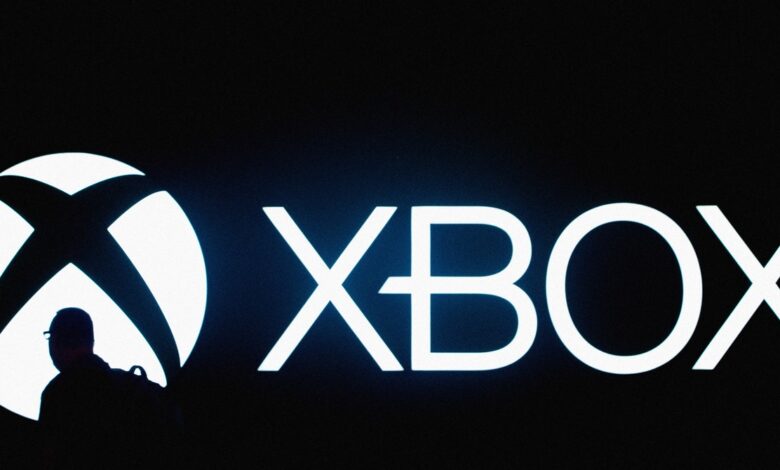Xbox Pushes Ahead with New Generative AI. Developers Say ‘Nobody Will Want This’

Microsoft is wading deeper into generative artificial intelligence for gaming with Muse, a new AI model announced today. The model, which was trained on Ninja Theory’s multiplayer game Bleeding Edge, can help Xbox game developers build parts of games, Microsoft says. Muse can understand the physics and 3D environment inside a game and generate visuals and reactions to players’ movements.
Among the various use cases for Muse that Microsoft outlines in its announcement, perhaps the most intriguing involves game preservation. The company says Muse AI can study games from its vast back catalog of classic titles and optimize them for modern hardware.
Fatima Kardar, Microsoft’s corporate vice president for Gaming AI wrote in the company’s press release: “To imagine that beloved games lost to time and hardware advancement could one day be played on any screen with Xbox is an exciting possibility for us.”
The company says it will continue to explore generative AI, including how to help game teams prototype their projects. In its announcement, Microsoft says the Xbox team interviewed 27 game creators globally “to make sure the research was shaped by the people who would use it.”
The response from developers and the larger community online, however, has been swift, with Muse being poorly received. As longtime game developer and founder of the development studio The Outsiders, David Goldfarb said in response to the news: “Fuck this shit.”
While executives continue to grow more interested in generative AI, the technology is becoming less popular with the people who actually make games. In a direct message, Goldfarb says he doesn’t believe generative AI is good for video games, “because the people who are promoting it are doing it to reduce capital expenditure and whether they intend to do it or not, are effectively disenfranchising and devaluing millions of collective years of aesthetic effort by game devs and artists.”
“The primary issue is that we are losing craft,” Goldfarb says. “When we rely on this stuff we are implicitly empowering a class of people who own these tools and don’t give a fuck about how they reshape our lives.”
A WIRED investigation found that AI is pushing human workers out of the work of creating video games at the same time the games industry is undergoing massive constriction. Thousands of developers have been laid off over the past few years, and that trend is continuing in 2025. While some developers believe AI cannot replace creativity in games, others are still concerned about their job security in an industry that is spinning up new tools that obviate the need for their skills.
“It’s the classic issue of Xbox bleeding talent but also so heavily invested in GenAI that they can’t see the forest for the trees,” said a AAA developer who asked to remain anonymous because they are not allowed to talk publicly about Muse. “They don’t see that nobody will want this. They don’t CARE that nobody will want this … internal discussions about these sorts of things are quiet because EVERYONE fears being against this and losing their jobs due to the tumultuous time in our industry.”
Another developer who also asked to remain anonymous because they fear professional repercussions from speaking out against Muse seconded this sentiment. “It is gross that I feel I have to be anonymous because with the state of the game industry I also still need to beg them for money for a game pass deal, and attaching my name would reduce my chances,” they say.
“It seems to me that the real target of this model is not game developers but shareholders, to show that Microsoft is all in on AI, which has yet to deliver a product that anyone wants,” the developer says.
Microsoft says it’s already using Muse to create a “real-time playable AI model” that’s been trained on first-party games. And generative AI may have some use in certain aspects of game development. The prototyping stage, when a developer creates iterative, bare-bones versions of their game in order to work through their ideas and craft a final vision, is one area where AI proponents—including Microsoft—argue computer-generated playable models will prove helpful.
Marc Burrage, development director at Creative Assembly says that even so, computers can’t draw the same knowledge from the process that humans can. “Prototyping is as much about the journey as the result, and you need to have been on it to get all those learnings,” Burrage says. “Fast prototyping is a valuable skill you can’t just shortcut and think you’ll still be as prepared afterwards.”
In the Muse announcement, Kardar writes: “We believe it’s important to shape how these new generative AI breakthroughs can support our industry and game creation community in a collaborative and responsible way.” When it comes to convincing developers, Microsoft still has work to do.


